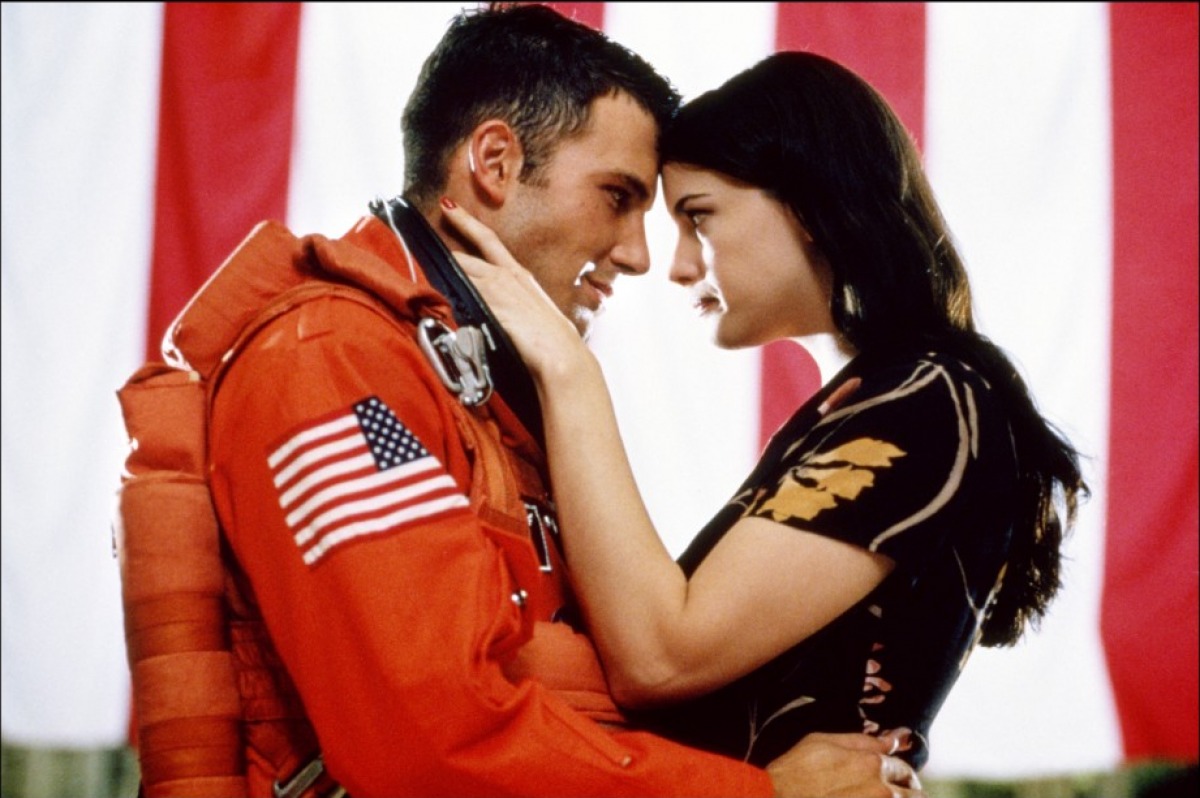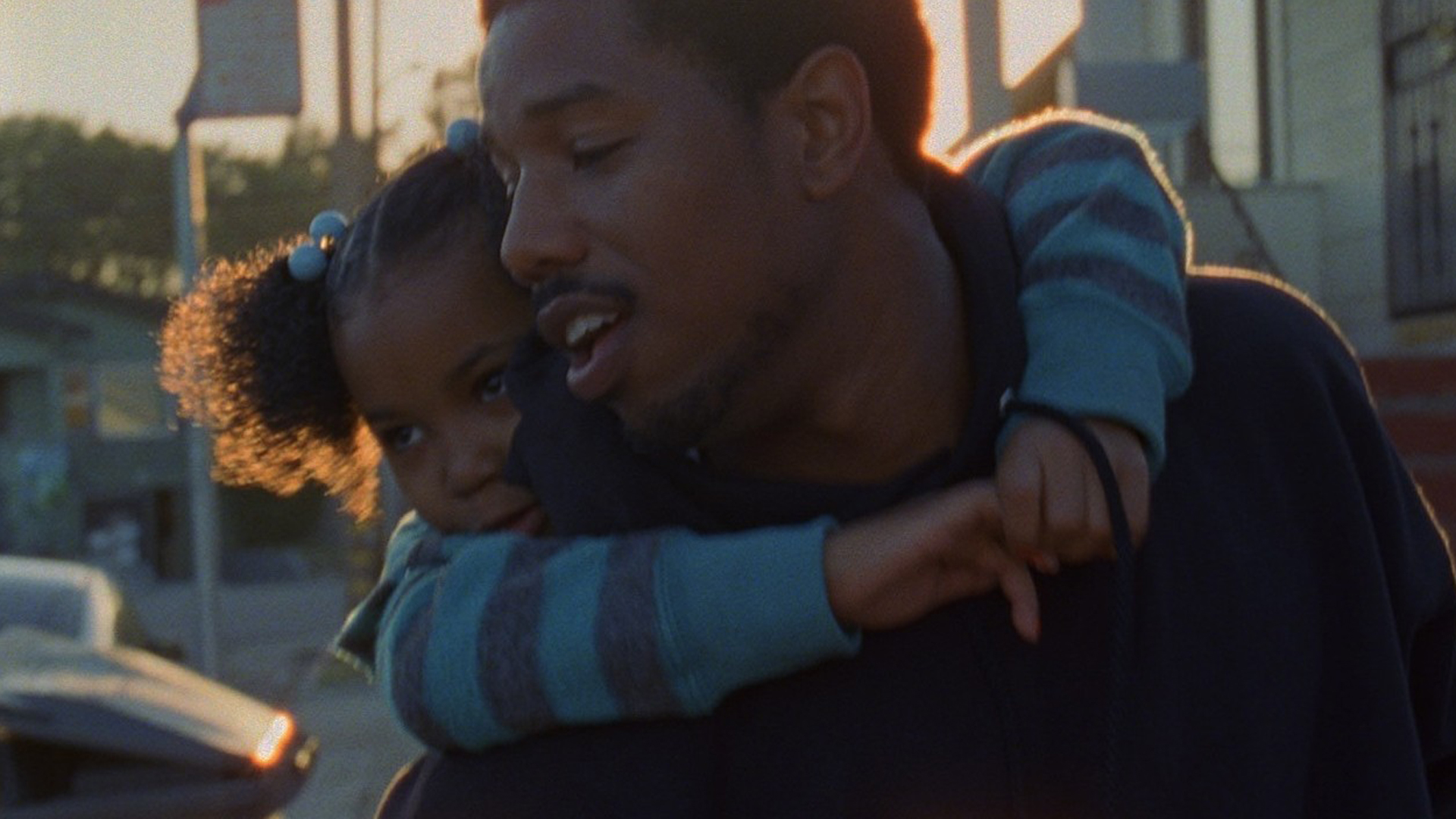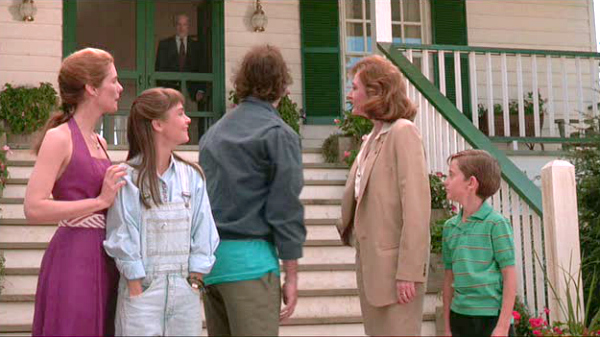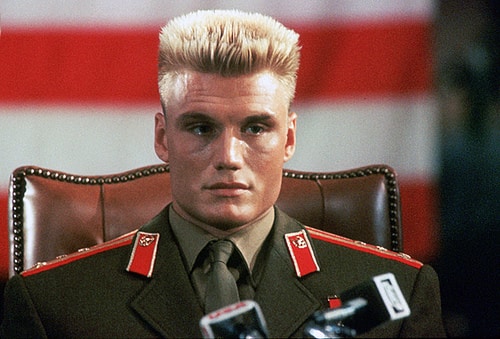When movie franchises begin to get "long on the tooth", everyone from the director and the film crew to the studio producing the film, are required to come up with new ways to make the viewing experience fresh for the audience that follows it. These are the guidelines that should be followed when occurrences like this happen. Of course we all know that's rarely the case except for the few. Most money hungry studios end up taking the full reign of the production and end up demanding the final result being fairly an exact copy of previous entries made or drastically changed the concept itself. Thus leading to the trend of diminishing returns. For Clive Barker's Hellraiser (1987) franchise, the trend is mostly the same, except the issues are in other places this time.
 |
| "Who knew this box, would be such a hit" |
Compared to Hellraiser III: Hell on Earth (1992), this entry doesn't really surpass it, but it does at least feel more on track than the prior one does. Originally Kevin Yagher (a make-up and special effects artist who had experience in other horror films) was set to direct as his debut film. Unfortunately, Miramax Studios, which then owned the rights fought with Yagher, causing him to quit. However, one man who hasn't left since Hellraiser II: Hellbound (1988) was writer Peter Atkins, who once again penned the script. In this chapter, the year is 2127 and audiences are introduced to Dr. Merchant (Bruce Ramsay) an inventor who has discovered a way to destroy Pinhead (Doug Bradley) and his followers forever. Regrettably, he is stopped before he is able to finish by a group of soldiers who came to take him away. To stall time, Merchant convinces Rimmer (Christine Harnos) to listen to why he needs to finish what he was doing. The story Merchant tells is how the Cenobites were first released and how they connect to his family ties.
The fact that Atkins went in even further than before to explain the back story to Pinhead and his origins is again commendable, but sadly this new information totally contradicts the three films before it. None of the main characters in the prior entries were related to Merchant, so why did their fate have them come in contact with Pinhead? Also what about the multiple boxes that Dr. Channard had in his office from the second film? If these boxes act as portals, what makes you think destroying one box will keep Pinhead out forever? It just doesn't add up. Along with that is a new pseudo-villain named Angelique (Valentina Vargas) who also has a past with Merchant, but only him. Of the characters in the story, the only people that matter and viewers will enjoy is Dr. Merchant, Angelique and Pinhead. Bruce Ramsay (who ends up playing different versions of himself) manages to at least be competent in his role and certainly more convincing than Terry Farrell from the previous movie. As for Vargas and Bradley, they both looked like they enjoyed their roles. Doing all kinds of evil acts and such.
On the flip side, the rest of the cast is completely forgettable. There is no character development, not even for Rimmer who listens to Dr. Merchant. There's also a young Adam Scott and an older Kim Myers (from A Nightmare on Elm Street 2: Freddy's Revenge (1985)) and they too have no real significant importance. But aside from characters, Atkins did change a number of things for the better. One being the tone; the third movie had a completely different tone to that of the first two. Many fans took it as too goofy and cheesy where Pinhead was portrayed more as a generic slasher villain. Here, Pinhead still kills just cause, but he's not as blood hungry either. Another plus is the creativeness of the cenobite designs, which unlike the third film looked quite gimmicky. Here, they look more like what Pinhead's followers would look like. Then again, fans may also complain because there really isn't a lot of new additions. Throughout the whole film, only three new cenobites appear of which one wasn't even human and they also don't receive a lot of screen time. Along with that is a possible dislike for the smaller amount of gore too. With that it may not be as scary either.
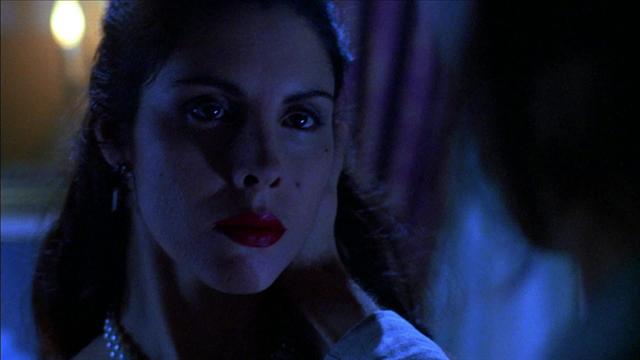 |
| Angelique (Valentina Vargas) |
Yet, the kill scenes are still quite gruesome. Another interesting edition to the mix of the franchise is the use of CGI, which doesn't look that bad. It's used minimally which is how it should be used. The cinematography shot by Gerry Lively is a slight improvement over his work in Hellraiser III: Hell on Earth (1992). This time instead of showing Pinhead in the sunlight all the time, he is kept in the shadows and this helps him feel more mysterious and dangerous. Finally for the musical score, Daniel Licht who would later be known for his music in the Dexter (2006) TV show composed the tracks. Thankfully, Licht exceeds Randy Miller's score from the prior film by adding new themes for the cenobites and making a variation of Christopher Young's original theme that was created from the first film. Much of these tracks use the same string build up, choral echoes and percussion but its the deviations that make it more appealing to listen to than recycled tracks.
It still doesn't anywhere match the first two original movies and most will probably find it equal to that of the Hellraiser III: Hell on Earth (1992) quality, but even for the production troubles that it had and nonsensical story telling, it can be a more entertaining watch. Although the likable cast is few, it is made up with more back-story, a better-written tone, appropriate costume design, acceptable special effects that don't look dated and a better film score.
Points Earned --> 5:10

